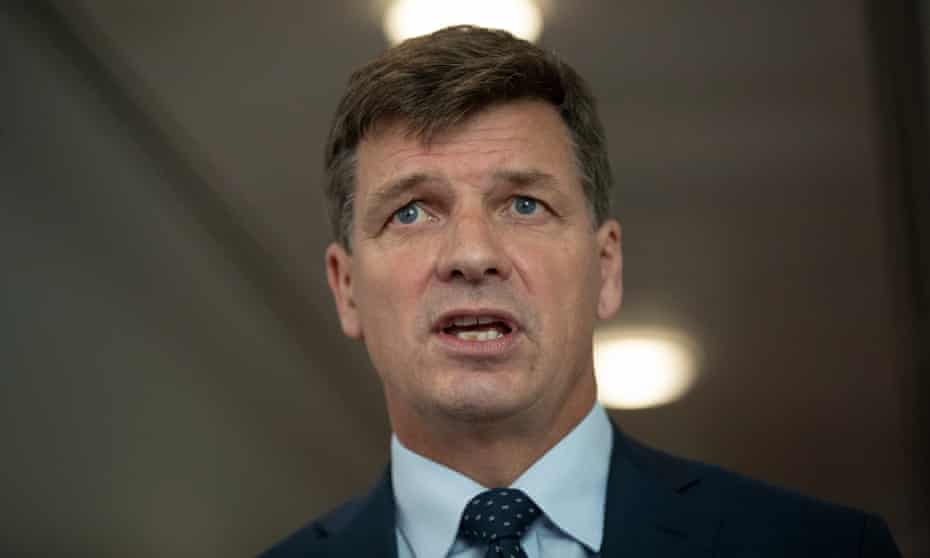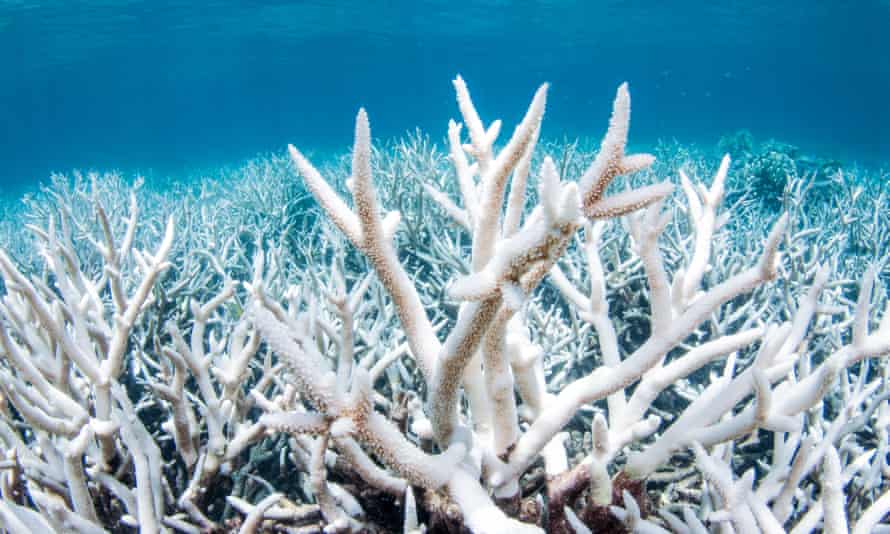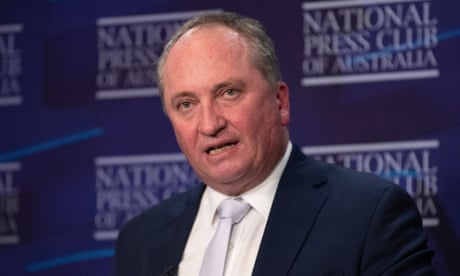Extract from The Guardian
Briefing document, obtained under FOI laws, outlines Australian government’s suggested responses to anticipated lines of attack over climate report.

Last modified on Wed 29 Dec 2021 03.31 AEDT
Have you read the report? Do you accept the science? Shouldn’t the Great Barrier Reef be put on the in-danger list?
These prickly questions are not from a Canberra press conference, but are the lines of attack anticipated by Australian officials when they briefed Angus Taylor on how to respond to a dire new report by the Intergovernmental Panel on Climate Change.
A 12-page list of talking points, obtained under freedom of information laws, gives an insight into how the government prepared for the release of findings that the UN secretary general would describe as a “code red for humanity”.
The document – originally marked as “Official: Sensitive” – outlines suggested responses to potential questions as of 11am Monday 9 August – more than two months before the prime minister, Scott Morrison, finally landed a deal with the Nationals to set a target of net zero emissions by 2050.
It was compiled by the Department of Industry, Science, Energy and Resources and was attached to a ministerial briefing sent to Taylor, the emissions reduction minister, to prepare for the publication of the IPCC report later that day.
It includes preparation for the classic “gotcha” journalistic question: “Have you read the report?”
The suggested response is: “I have been briefed on the Summary for Policy Makers that has been publicly released. I understand that the IPCC will release the full report, which is over 2000 pages, in the near future.”
The anticipated question – particularly forthright given it appears in a government planning document – says: “Your own report into the Great Barrier Reef says that at 1.5 degrees Celsius that the Reef will not survive – does this not now mean it should be on the in danger list?”
The suggested response is that the Australian government “has said time and again that global warming is the greatest threat to the reef and that is why we are investing so heavily in adaptation and resilience strategies”.
“This report highlights that there is a threat to reefs around the world – not just the Great Barrier Reef – and Australia’s position has always been to look at the issue in that context and not to single out one nation over another under the pretext of the World Heritage Committee.”

The World Heritage Committee agreed not to place Great Barrier Reef on its ‘in danger’ list after lobbying from the Australian government. Photograph: Brett Monroe Garner/Getty Images
Suggested response: “Yes, the IPCC is a trusted source of scientific advice and its work continues to inform the Australian Government.”
A response to a follow-up question: “Why should I trust the science? Are the climate models accurate?” is that previous climate change projections from the IPCC “have been confirmed by real-world observations”.
“Past IPCC estimates of global temperature, extreme events and other changes in global systems have proven accurate,” it says.
The deputy prime minister, Barnaby Joyce, said after the report’s release he would not be “berated into complying” with specific IPCC conclusions, including the finding that global heating “of 1.5C and 2C will be exceeded during the 21st century unless deep reductions in CO2 and other greenhouse gas emissions occur in the coming decades”.
Joyce said he believed “humans have an influence on climate” but he was “not going to participate in some sort of kangaroo court of now you will agree to every statement I say because the IPCC said it”.
Calls for stronger action anticipated
The 9 August talking points document shows industry department officials anticipated potential calls to speed up climate action, proposing an answer to the question: “If global temperature increase is likely to reach 1.5 °C in the near term (2021-2040), does Australia need to meet net zero before 2050 to meet Paris Agreement goals?”
The suggested response is that Australia “is committed to the Paris Agreement and its goals, as well as to achieving net zero emissions as soon as possible, and preferably by 2050” – the formulation Morrison had used for months before the formal commitment to 2050 was locked in.

In a line that will be familiar to anyone who has been observing the government’s climate rhetoric this year, the talking points say: “While ambition and targets are important, it is ultimately action and achievements that matter for the planet. When we make commitments, we meet them, and we are on track to meet and beat our 2030 target.”
Officials also anticipated the government being asked whether it was now “too late to act on climate change” and if it should “give up on mitigation” and instead focus on adaptation. The suggested response is to acknowledge it “will be hard to limit warming to 1.5°C” but “we need to continue global efforts to reduce emissions”.
Taylor statement appears to reflect briefing
Taylor’s release did not explicitly welcome the IPCC report – even though this was suggested in the talking points – but it did include the proposed language that “it reinforces the need for a coordinated, global effort to reduce emissions”.
The talking points document includes the phrase “Australia has a clear plan” – more than two months before the government announced its “Long-Term Emissions Reduction Plan” following negotiations with the Nationals.
The latter document noted it was based on existing policies, including the technology investment roadmap.
Guardian Australia has previously revealed that the industry department privately advised Taylor in a four-page briefing that the latest IPCC report was “balanced and transparent” and he should expect intensified calls “for more ambitious climate targets, such as net zero emissions by 2050 or earlier”.
The talking points document was an attachment to that briefing and was obtained after a follow-up FOI application.
Intriguingly, given that the talking points are meant to be usable when responding to media questions, one question and answer was redacted.
In blocking that passage of the talking points, the decision maker cited the section of FOI laws that exempts disclosure of information that would cause damage to “the international relations of the commonwealth”.
No comments:
Post a Comment